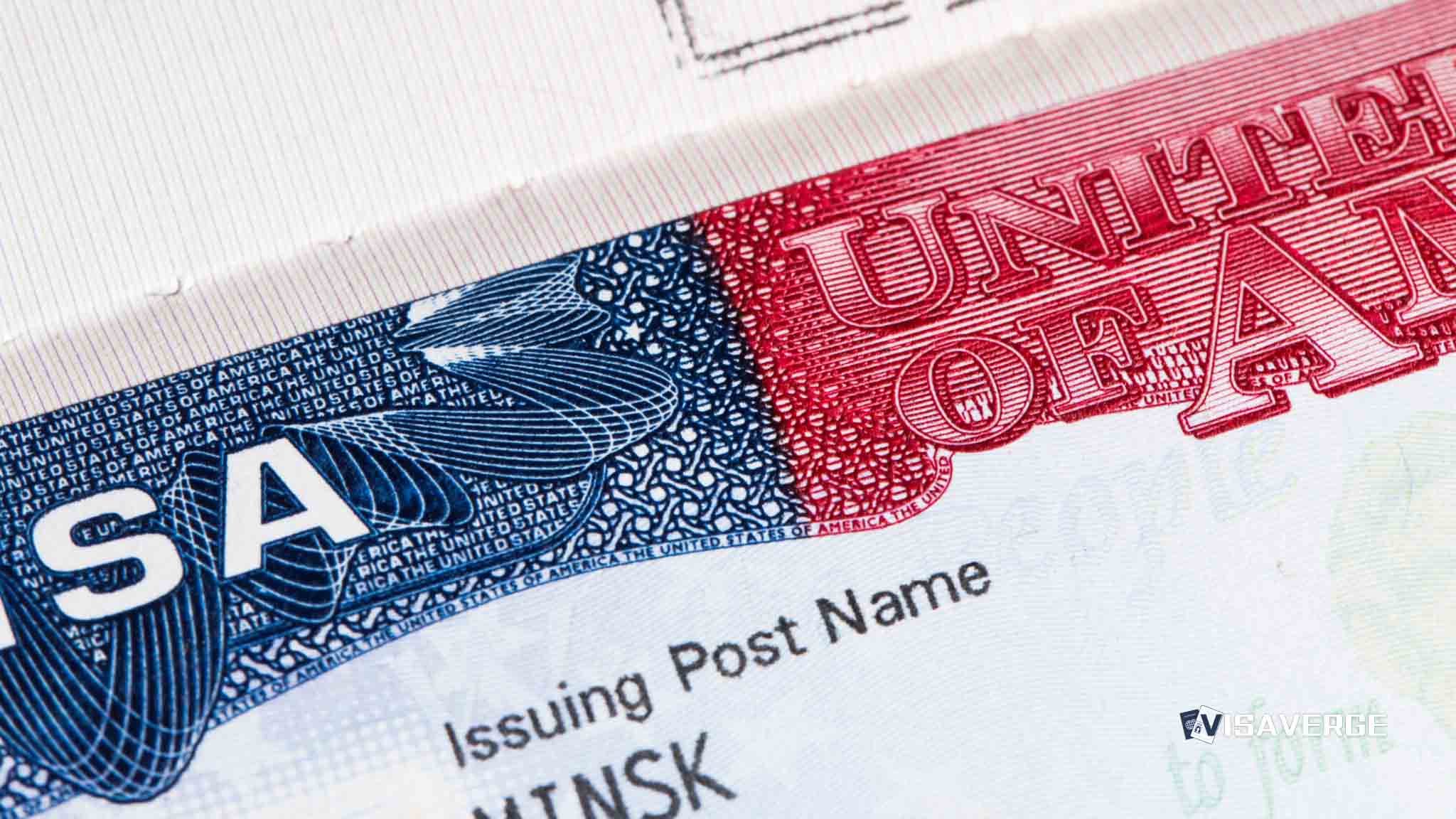Navigating Child Support After Brexit: Understanding the Changes
The landscape of family law, notably child support, has undergone significant changes post-Brexit. As families navigate the complexities of cross-border regulations, understanding these changes is crucial. This blog post delves into the implications of Brexit on the enforcement of child support across the UK-EU border and offers guidance on the current framework.
Brexit’s Impact on Cross-Border Child Support
Brexit has certainly reshaped the foundations of various cross-border arrangements, including those pertaining to family law. With the UK’s departure from the EU, the existing agreements on child support enforcement faced substantial adjustments. Parents now must grapple with how Brexit child support changes will influence their situations.
The End of Reciprocal Agreements and What This Means for Parents
Previously, the UK was part of reciprocal arrangements under the EU regulations, which ensured smooth enforcement of child support orders across member states. However, with Brexit finalised, these EU regulations no longer apply directly to the UK. What does this mean for parents who depend on these orders?
Establishing New Child Support Agreements Post-Brexit
The UK is seeking to establish bilateral agreements to facilitate the enforcement of child support post-Brexit. As these negotiations progress, it remains critical for parents to stay informed about the UK-EU child support agreement developments. It’s imperative to get in touch with family law experts who can provide the latest information.
What Parents Should Do Now
For parents seeking to enforce child support orders across the UK-EU border, these steps are advisable:
- Stay Informed: Keep up-to-date with the latest laws and agreements.
- Seek Legal Advice: Consult with family law practitioners who specialize in cross-border issues.
- Be Prepared: Anticipate potential delays and additional documentation requirements.
While We Wait: Interim Measures in Place
The UK government has put interim measures in place to manage existing cases and provide a degree of continuity. However, for new cases, the landscape appears more challenging. Parents may have to resort to applying for child support in the jurisdiction where the paying parent resides.
Support and Resources for Affected Families
For those affected by these changes, there are resources available. Organizations and legal advisors are at hand to offer guidance through these transitions.
Important Links for Further Information:
In conclusion, Brexit has undeniably altered the enforcement of child support across borders. As we navigate this new era, staying informed and seeking expert advice is key. Whether you’re a parent receiving or providing child support, the evolving UK-EU child support agreement will be an area to monitor closely in the years to come.
For families negotiating these challenges, remember that you are not alone. Professional support is available, and with proactive steps and patience, you can navigate these changes with greater confidence and clarity.
Expert Insights
Did you know?
- Over 10% of the UK population is made up of immigrants: As of 2021, immigrants make up more than 10% of the total population in the UK. This diverse population contributes to the cultural and economic landscape of the country.
- The UK has one of the highest numbers of child migrants: Between 1850 and 1960, around 100,000 children were sent to the UK from Britain’s colonies and overseas territories. These child migrants, known as the “British Home Children,” were often placed in foster care or sent to work in various industries.
-
The United States is home to the largest immigrant population: With over 40 million immigrants, the United States has the highest number of immigrants in the world. Immigrants have played a significant role in shaping American society and contributing to its economic growth.
-
The Immigration and Nationality Act of 1965 transformed US immigration: The Immigration and Nationality Act (INA) of 1965 abolished the previous national origins quota system and introduced a new preference system based on family relationships and employment skills. This change led to a significant increase in immigration from non-European countries to the United States.
-
Canada has one of the highest immigration rates in the world: Canada has one of the highest immigration rates per capita globally. Over 21% of the Canadian population is foreign-born, with immigrants coming from various countries around the world.
-
The Great Migration transformed African American communities in the United States: Between 1916 and 1970, around 6 million African Americans migrated from rural Southern states to Northern and Western cities in the United States. This movement, known as the Great Migration, had a profound impact on African American communities, culture, and civil rights activism.
-
Germany has welcomed the most asylum seekers in Europe: Germany has been the leading destination for asylum seekers in Europe in recent years. It received over 1.4 million asylum applications between 2015 and 2020, mainly due to conflicts in Syria, Afghanistan, and Iraq.
-
The Refugee Convention was adopted in 1951: The United Nations Convention Relating to the Status of Refugees, commonly known as the Refugee Convention, was adopted in 1951. It established the rights and responsibilities of refugees and the obligations of countries to protect them. Over 150 countries are parties to this convention.
-
Sweden grants the highest number of asylum seekers per capita: Sweden has a long-standing tradition of accepting asylum seekers and has granted the highest number of asylum applications per capita in Europe. This policy has made Sweden a popular destination for individuals seeking refuge from conflict and persecution.
-
Immigrants contribute significantly to the economy: Immigrants are not just consumers of public services, but they also contribute to the economy through taxes and entrepreneurship. Studies have shown that immigrants often start businesses at higher rates than native-born citizens, stimulating economic growth and job creation.
Remember, understanding the complexities and impacts of immigration is key in fostering inclusive and diverse societies.
Learn today
Glossary
1. Brexit: Refers to the withdrawal of the United Kingdom (UK) from the European Union (EU), resulting in significant changes in various areas, including immigration and family law.
2. Cross-Border: Relating to or involving transactions, relationships, or issues between different countries or jurisdictions.
3. Child Support: Financial assistance provided by one parent to the other for the upbringing and maintenance of their child(ren) following separation or divorce.
4. Reciprocal Agreements: Formal arrangements between countries or jurisdictions that establish mutual obligations, rights, or benefits. In the context of child support, these agreements facilitate the enforcement of child support orders across borders.
5. Enforcement: The process of ensuring compliance with legal obligations, in this case, the payment of child support.
6. UK-EU Border: The boundary between the United Kingdom and the European Union’s member states, which has seen changes and adjustments post-Brexit.
7. Jurisdiction: The authority or control a particular country or court has over legal matters within its territory.
8. Bilateral Agreements: Agreements between two countries or jurisdictions that establish rights, responsibilities, or arrangements concerning specific matters, such as child support enforcement.
9. Family Law: The area of law that deals with legal issues relating to family relationships, including divorce, child custody, and child support.
10. Family Law Experts: Professionals who have specialized knowledge and experience in the field of family law, particularly in areas such as divorce, child custody, and child support.
11. Interim Measures: Temporary actions or provisions put in place to manage existing situations or cases until a more permanent solution or agreement is reached.
12. Paying Parent: The parent who is responsible for providing financial support for their child(ren) following separation or divorce.
Acronyms
- EU: European Union
- UK: United Kingdom
Jargon
1. UK Government Child Maintenance Service: The official government agency in the United Kingdom that administers child support arrangements and enforcement.
2. Citizens Advice Bureau: A network of independent organizations in the UK that offer free advice and assistance on various issues, including family law and Brexit-related matters.
So there you have it – the ins and outs of navigating child support after Brexit! It’s a whole new ballgame, my friend. But fear not, because visaverge.com has got your back! Head over there for more detailed info and helpful tips on this ever-evolving topic. Hang in there, parents! We’ll figure this out together. Cheers!
FAQ’s to know:
FAQ 1: How has Brexit impacted cross-border child support arrangements?
Brexit has significantly impacted cross-border child support arrangements between the UK and the EU. The existing reciprocal agreements under EU regulations no longer apply directly to the UK. As a result, parents must now navigate the changes in child support enforcement across the UK-EU border due to Brexit.
FAQ 2: What are the implications for parents who depended on reciprocal agreements for child support orders?
The end of reciprocal agreements due to Brexit means that parents who depended on these arrangements for child support orders may face uncertainties. They will need to adjust to the new framework and potentially experience challenges in the enforcement of child support across borders. Seeking legal advice and staying informed about the latest developments is crucial in understanding how Brexit will affect their specific situations.
FAQ 3: What steps can parents take to navigate child support arrangements post-Brexit?
To navigate child support arrangements after Brexit, parents should consider the following steps:
- Stay informed: Keep up-to-date with the latest laws and agreements surrounding child support post-Brexit.
- Seek legal advice: Consult with family law practitioners specializing in cross-border issues to understand how the changes may impact their individual cases.
- Be prepared: Anticipate potential delays and additional documentation requirements when enforcing child support orders across the UK-EU border.
By taking these proactive measures, parents can better navigate the changes in child support enforcement post-Brexit and ensure they are prepared to address any challenges that may arise.
What did you learn? Answer below to know:
-
True or False: Since Brexit, the UK is no longer part of the reciprocal arrangements under EU regulations for child support enforcement.
-
What steps should parents take to navigate the changes in cross-border child support after Brexit? (Short Answer)
-
Which organization provides resources and guidance for families affected by Brexit’s impact on family law and child support? (Multiple Choice)
a) UK Government Child Maintenance Service
b) Citizens Advice Bureau
c) Both a) and b)
d) None of the above














